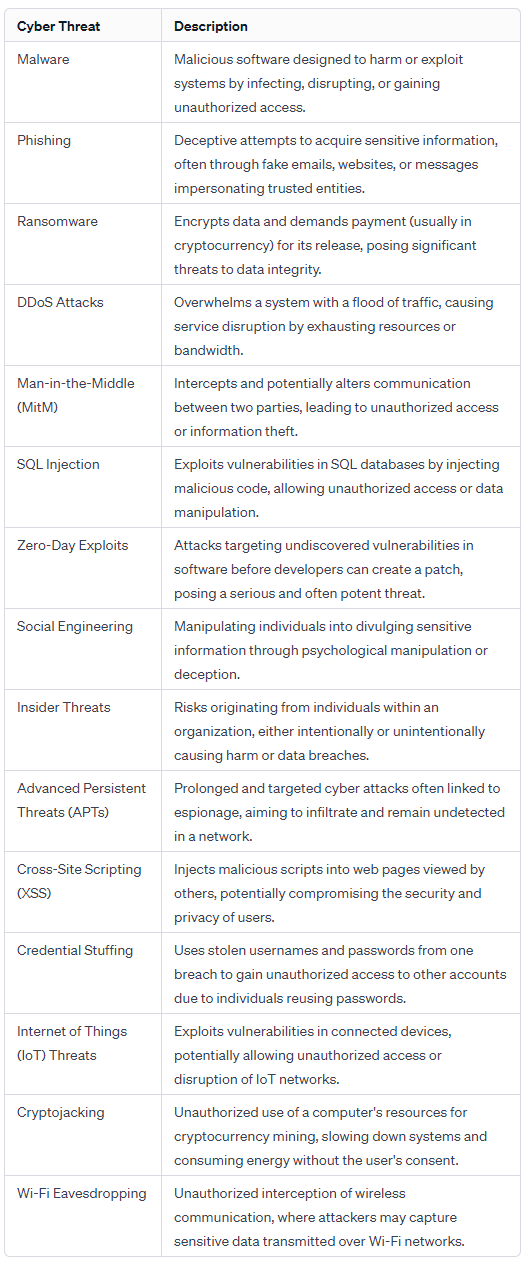Science & Technology
Pegasus Spyware
- 02 Jan 2024
- 7 min read
For Prelims: Pegasus spyware, Zero-click and Zero-day vulnerabilities, National Cyber Security Strategy, Cyber Surakshit Bharat
For Mains: Spyware and Privacy Concerns, Cyber Attacks, Government Initiatives
Why in News?
The Pegasus spyware has once again ignited a debate on privacy and security. Recent reports by Amnesty International point to its utilization in targeting the phones of two prominent Indian journalists, prompting inquiries into potential government involvement.
- Amnesty International is a global movement of more than 10 million people who are committed to creating a future where human rights are enjoyed by everyone.
What is Pegasus Spyware?
- About:
- Pegasus spyware is a highly invasive mobile surveillance tool that can secretly infiltrate and monitor smartphones, collecting data and information from various apps and sources.
- It was developed by the Israeli cyber-intelligence firm NSO Group, which claims to sell it only to government agencies for fighting crime and terrorism.
- NSO emphasizes mechanisms in place to avoid targeting journalists, lawyers, and human rights defenders not involved in terror or serious crimes.
- Operating Procedure:
- Pegasus uses “zero-click” methods to infect devices; it is a malicious software that allows spyware to be installed on a device without the device owner’s consent.
- The spyware doesn't necessitate any user actions for installation, distinguishing it from regular apps that require explicit user confirmation.
- It can exploit vulnerabilities in apps such as WhatsApp, iMessage, or FaceTime, and send a message or a call that triggers the installation of the spyware, even if the user does not open or answer it.
- Pegasus is a spyware that can exploit zero-day vulnerabilities to deploy spyware on Apple products.
- A zero-day vulnerability is an undiscovered flaw or bug in an operating system that the mobile phone’s manufacturer does not yet know about and so has not been able to fix.
- Pegasus uses “zero-click” methods to infect devices; it is a malicious software that allows spyware to be installed on a device without the device owner’s consent.
- Targets:
- Several investigations and reports have revealed that Pegasus spyware has been used to spy on journalists, human rights activists, lawyers, opposition leaders, and heads of state.
- Some of the countries that have been accused of using Pegasus spyware to target their critics and enemies include Saudi Arabia, Mexico, India, Morocco, Hungary, Azerbaijan, and Rwanda.
- Implications:
- Pegasus spyware threatens privacy and security for individuals and groups exposing corruption, defending human rights, and advocating democracy.
- It undermines press freedom by exposing journalists' sources, methods, and materials, compromising their independence.
- The spyware poses a risk to the sovereignty and stability of nations, enabling foreign interference and espionage in internal affairs and decision-making processes.
- Challenges:
- Pegasus spyware is difficult to detect and remove, as it can hide its presence and activity on the device, and can self-destruct if it senses that it is being discovered or analyzed.
- Pegasus spyware is difficult to regulate and control due to its operation in legal grey areas.
- NSO Group and its clients commonly deny or evade responsibility for the misuse and abuse of spyware.
What are the Related Cybersecurity Initiatives?
- India:
- International Mechanisms:
Way Forward
- Establish an international oversight mechanism to hold companies accountable for any unethical use of surveillance tools and facilitate independent audits.
- Strengthen national and international legal frameworks to explicitly address the use of spyware and protect the privacy and human rights of individuals targeted.
- Conduct public awareness campaigns to educate individuals about the risks posed by spyware and how to safeguard their devices against potential infiltration.
- Strengthen national cybersecurity infrastructure to proactively detect and neutralize cyber threats, including the continuous monitoring of potential spyware activities.
- Encourage tech companies to adopt ethical guidelines that align with human rights principles, promoting responsible corporate behaviour.
UPSC Civil Services Examination, Previous Year Question (PYQ)
Prelims
Q. The terms ‘WannaCry, Petya and EternalBlue’ sometimes mentioned in the news recently are related to (2018)
(a) Exoplanets
(b) Cryptocurrency
(c) Cyber attacks
(d) Mini satellites
Ans: (c)
Q. In India, under cyber insurance for individuals, which of the following benefits are generally covered, in addition to payment for the loss of funds and other benefits? (2020)
- Cost of restoration of the computer system in case of malware disrupting access to one’s computer
- Cost of a new computer if some miscreant wilfully damages it, if proved so
- Cost of hiring a specialized consultant to minimize the loss in case of cyber extortion
- Cost of defence in the Court of Law if any third party files a suit
Select the correct answer using the code given below:
(a) 1, 2 and 4 only
(b) 1, 3 and 4 only
(c) 2 and 3 only
(d) 1, 2, 3 and 4
Ans: (b)
Q. In India, it is legally mandatory for which of the following to report on cyber security incidents? (2017)
- Service providers
- Data centres
- Body corporate
Select the correct answer using the code given below:
(a) 1 only
(b) 1 and 2 only
(c) 3 only
(d) 1, 2 and 3
Ans: (d)
Mains
Q. What are the different elements of cyber security? Keeping in view the challenges in cyber security, examine the extent to which India has successfully developed a comprehensive National Cyber Security Strategy. (2022)





